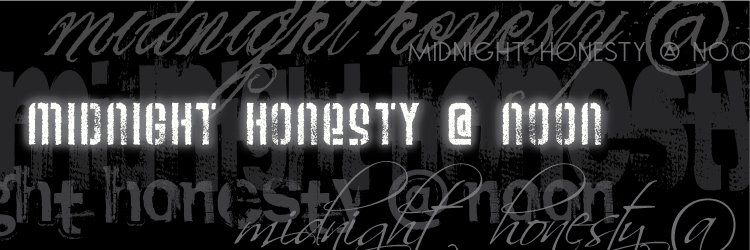Through Different Eyes
Isaac Butler pointed out a great rumination on writers’ ambition by noted theatreospehere whipping boy Charles Isherwood.
The money quotes:
“A true artist, some might argue, can never let canny considerations of production influence his vision. Art must be its own imperative. A high-minded thought, but artists also hunger for their work to be known. A play that is never staged may be a work of genius, sure, but its genius is likely to leave no footprint on the world unless it is produced.”
and
“I’m not suggesting that size alone matters, obviously. But if the American theater is to remain an aesthetically robust enterprise, a vital step may be removing the invisible shackles from the imaginations of playwrights, making it natural — making it possible — for them to dream huge once again.”
Isherwood and Butler ask after the chicken, so I’ll ask after the egg.
How do producers and literary agents shunt off practical consideration of production in favor of simply reading the submitted work on its merits? If the playwrights of Today (and Tomorrow) create these brave new works for a Greater American Stage how do we get them past the gatekeepers?
Alright, let’s cut out the capitals for a moment and bring it home. I am a sometime producer with an eye to new work. I have a limited budget and no home space. How do I go about reviewing a submitted work without considering those things that are a bar to me producing it?
Once upon a time, in a different life, I was reviewing scripts and came upon a really nice character piece that I was loving until the middle of act two when the unit set (with a ceiling) began literally crumbling around the performers.
When this happens I have two options as a producer looking at the script, I can decide that there’s no way I can possibly do the script as written and put it aside, or I can tell the author to change what he’s written to make it feasible for me to put up.
You see how I would be pilloried on that writers blog either way? I’m either the guy who won’t take risks on Brave New Work, or I’m the guy telling the playwright how to wright.
I suppose the only recourse is dialog. But dialog doesn’t make plays. Maybe more resources would do it, but that’s a whole separate war.
So Mr. Isherwood… The playwrights of tomorrow dream big and give us two story turntable dreams with a cast of 15 – how many folks can actually put that up?
Or maybe I’m simply being myopic - Ian Hill dreams big and gets it done…
What am I missing?
[This leaves aside the fact that of the 45 scripts that were submitted for that call 2/3s of them were really screenplays that were simply labeled plays – that’s a fight for another day]







